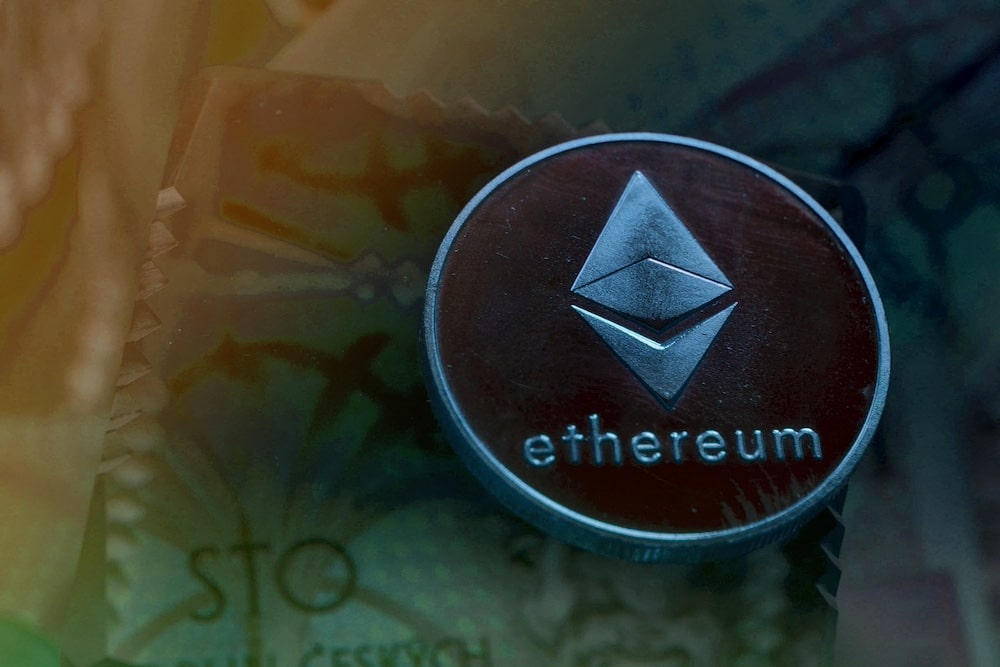In August, Ethereum faced significant losses due to the prevailing bearish sentiment in the cryptocurrency market. The altcoin had been on a downward trend since July, and this trend continued into the following month. During the first five days of August, Ethereum experienced a dramatic drop, losing over 25% of its value.
On the fifth day, Ethereum opened at $2,688 but plummeted to a level last seen in January, marking a nearly 10% loss by the end of the day. The altcoin fell below three key pivot levels, signaling the severity of the decline.
Despite attempts at recovery, including a notable surge on August 8th when Ethereum peaked at $2,725, the asset struggled to maintain momentum. Another surge on August 23rd, which saw Ethereum briefly break a highlighted resistance, ultimately resulted in gains of over 5%.
However, the altcoin was unable to sustain these gains, facing significant rejection when attempting to reclaim pivotal support levels.
As a result, Ethereum closed the month with a substantial decline of over 22%. The downward trend raised questions about the cause of the decline and its implications for the cryptocurrency.
A Significant Drop in GWEI
In recent developments, Ethereum has undergone a major network upgrade, dubbed EIP-5680, which was primarily aimed at augmenting transaction throughput and mitigating gas fees. This upgrade is a crucial step in Ethereum’s transition to Ethereum 2.0 and is tailored to enhance scalability and energy efficiency.
Moreover, the integration and uptake of Zero-Knowledge Rollups on the Ethereum platform have seen a substantial surge. This has led to notable improvements in transaction speeds and cost reductions, consequently bolstering overall efficiency and user experience within the Ethereum ecosystem. These advancements have spurred a surge in market capitalization and positive market sentiments.
However, despite these positive developments, the network has experienced a decline in activity as traders and users have shifted to alternative ecosystems. This shift is evidenced by a significant reduction in gas fees, with GWEI decreasing due to lower transaction volumes, thereby reducing processing costs.
In other news, Bitget’s most recent Proof-of-Reserves data has showcased a remarkable positive shift in the platform’s reserve status. Notably, users’ ETH assets have seen a substantial increase of 22%, marking the highest growth rate for ETH assets within the year.
As of August 2024, Bitget’s overall reserve ratio stands at an impressive 176%, reflecting a noteworthy 9% increase from the previous month’s ratio of 167%. The platform currently holds 123,686.9 ETH as platform assets, with users owning 81,625.78 ETH, resulting in a reserve ratio of 152%.
Macro Economics
In recent times, there has been a noticeable surge in institutional interest in Ethereum. Several major financial institutions have taken the bold step of launching investment products and derivatives that are based on Ethereum.
This increased involvement from institutional investors is widely seen as a strong endorsement of Ethereum’s long-term potential. As a result, it has driven up prices and also attracted a much larger retail investor base.
In addition to institutional interest, economic indicators such as inflation rates and changes in central bank policies have proven to have a significant impact on investor sentiment in the cryptocurrency market, thereby influencing Ethereum as well.
On the positive side, Ethereum has witnessed increased adoption through various partnerships and integrations with mainstream financial and tech companies. Notably, Ethereum’s blockchain has been leveraged for purposes such as supply chain management and digital identity verification.
Furthermore, the non-fungible token (NFT) market, which primarily operates on the Ethereum blockchain, has seen a significant uptick in activity. This can be attributed to high-profile NFT launches and auctions, along with increased participation from artists and collectors. All of these factors have been positively contributing to Ethereum’s market momentum.
Ethereum Will See Significant Decline In September
Based on the analysis of the one-day chart, Ethereum (ETH) appears poised for a breakout in the coming month. Several indicators, including the moving average convergence divergence, suggest that a significant price movement is imminent. The price action observed over the last three days further supports this.
During this period, ETH has displayed dojis, signaling indecision in the market. Additionally, the relative strength index has been trending sideways, indicating a continuous tug-of-war between the bulls and the bears. There are indications that the bulls may be accumulating and preparing for a potential upward move.
From a technical standpoint, the pivot standard points to the $2,400 level as a crucial support that the bulls are keen on defending to prevent further downside. If ETH breaches the S2 support level, it faces the risk of dropping to $2,100. The Fibonacci retracement also underscores the significance of current price levels, with the 78% fib level acting as a critical area.
A failure to hold above this level could lead to a retest of the 100% fib level at $2,170.
Both of these metrics suggest the possibility of ETH slipping below $2,200. The moving average convergence divergence (MACD) indicator further supports this view, as the 12-day exponential moving average (EMA) is converging with the 26-day EMA. This convergence is approaching completion, potentially indicating an impending divergence and notable declines in the early days of September.
Find Cryptocurrencies to Watch and Read Crypto News on the Go Follow CryptosToWatch on X (Twitter) Now

